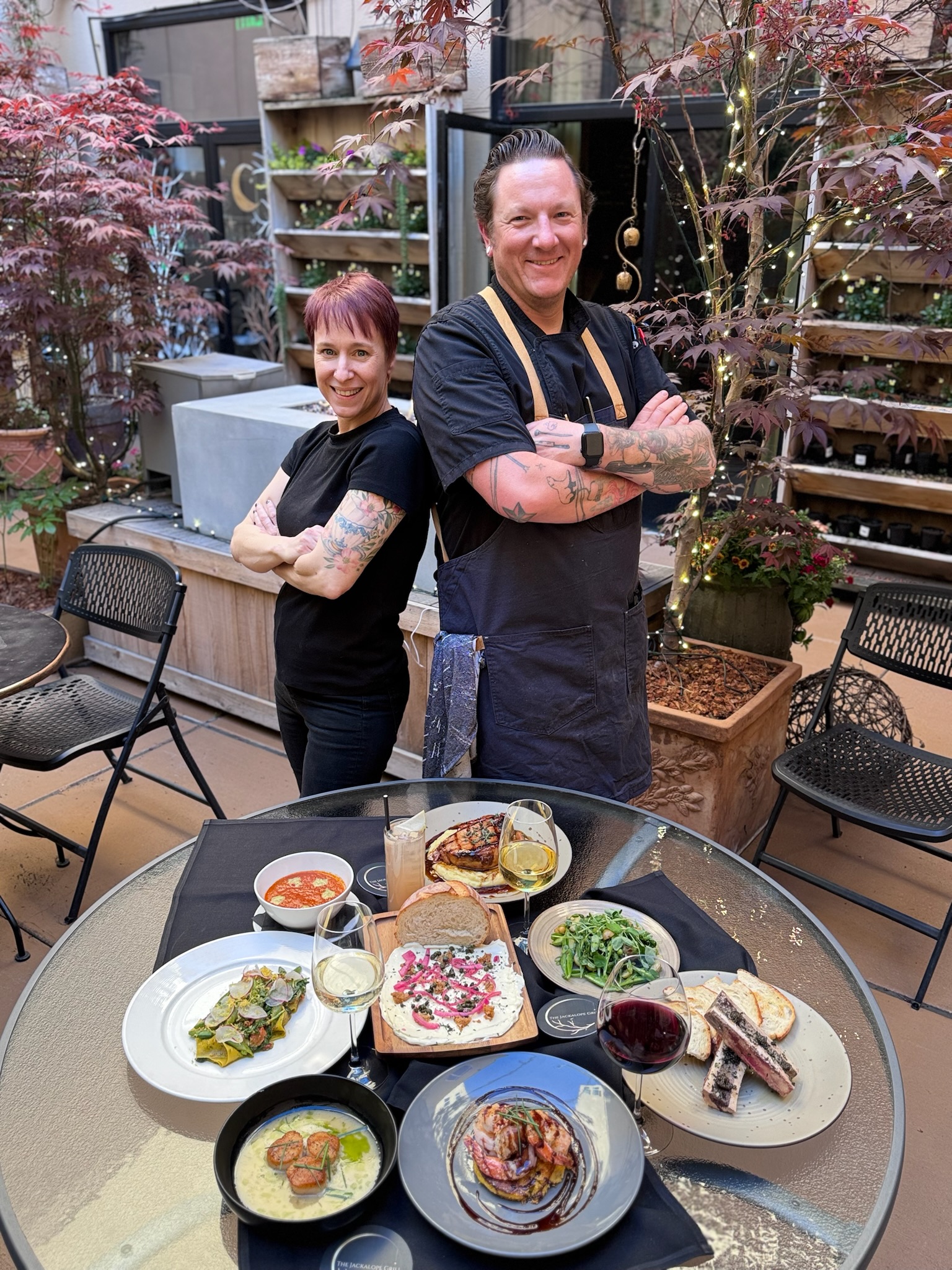Visit the auto dealer for service, stay for the movie
Published 12:00 am Friday, June 14, 2019

- Customers wait in a movie screening area Wednesday at Priority Toyota in Chesapeake, Virginia. The service department accounts for half a dealership’s profits, on average, so some are trying to keep customers happy with amenities that include fitness centers and even massages. (Hannah Altman/The New York Times)
The waiting rooms attached to auto service departments tend to be dismal places, with stale coffee, patched seats, cable news on a flickering TV and last week’s copy of Sports Illustrated, if you’re lucky. At some dealerships, that no longer passes muster.
Today, you can get blackened chicken or grilled salmon on the lunch menu at Honda of Fort Worth in Texas, or a complimentary workout at the fitness center attached to the Lincoln-Mercury/Land Rover-Jaguar store in Merritt Island, Florida — assuming you wouldn’t rather play pool or watch a movie.
This amenity-laden shift can be traced straight to dealers’ bottom lines. At the end of 2018, half a typical dealer’s gross profits came from the service department (including parts and the body shop), according to Patrick Manzi, senior economist at the National Automobile Dealers Association.
“Service and parts are very important to dealerships right now,” Manzi said. “Cars are selling on the internet, and there’s more competition and more access to vehicle prices than ever before. Margins from selling new cars have been consistently on the decline, so dealers are focusing on service. They’ve realized they can help grow customer loyalty by standing out in the amenities.”
Lexus might be the pacesetter in this cushy new world.
“In one of our stores in San Antonio, Texas, we have a free coffee bar with snacks, a manicurist and a masseuse,” said Kimberly Sherron, the dealer facilities manager and design leader at Lexus. “In Wichita, Kansas, you can drop your vehicle off at the service department, get taken to the airport and then picked up when you come back. In the Tampa area, we have a store that features a manned barista bar, with free macchiatos, croissants and sandwiches.”
“They go above and beyond,” Sherron added.
That might be an understatement, but this new twist on the waiting room is not just for luxury brands like Lexus.
A range of dealerships have been adding amenities.
A Toyota dealer in Chesapeake, Virginia, has a play area for children, a movie theater, a hair salon and a shoeshine area. On Wednesdays, it provides free manicures.
It doesn’t stop there. Automakers are also supporting their brands with “experience centers” that are even more over the top.
At Intersect by Lexus in Manhattan, which opened in the fall after similar centers in Dubai and Tokyo, there’s an auto parts wall installation, fine dining with rotating chefs, a circular bar featuring the same leather used on Lexus car seats and a third-floor exhibition space.
The brands and the dealers have most likely been spurred to act thanks to declining customer traffic, as well as intense competition from used-car vendors like Carvana and Shift, which let shoppers test drive and buy without heading to a dealership.
Shift had $135 million in revenue from used-car sales in 2018, but it is not yet profitable overall. “It’s highly likely more and more dealerships will offer alternative models for the sales and service experience,” said George Arison, Shift’s CEO. “It’s going to evolve and change dramatically.”
The 2018 Cox Automotive Service Industry Study reported that dealers were making less profit per vehicle on car sales, and view servicing as a growing profit center. But, the study also said, customers get frustrated when servicing takes longer than expected, they’re forced to wait in line and no loaner vehicle is provided.
Most of that displeasure goes away when dealers pick up the car for servicing, leave a loaner, then deliver the car back.
Anika Salceda-Wycoco, Lincoln’s communications manager, said the concierge service, available nationally to owners of 2017 or later Lincolns, which includes an app to check on the car’s progress, was intended to set the brand apart and “give our customers some time back.”
Stores that want to farm out that service will find entrepreneurs ready to help.
David Zwick, managing director of RedCap, said his company provided services to Lincoln and to Hyundai’s Genesis brand. He predicted that most luxury brands would have to follow suit. “The least likely scenario will become bringing the car in yourself,” he said.






